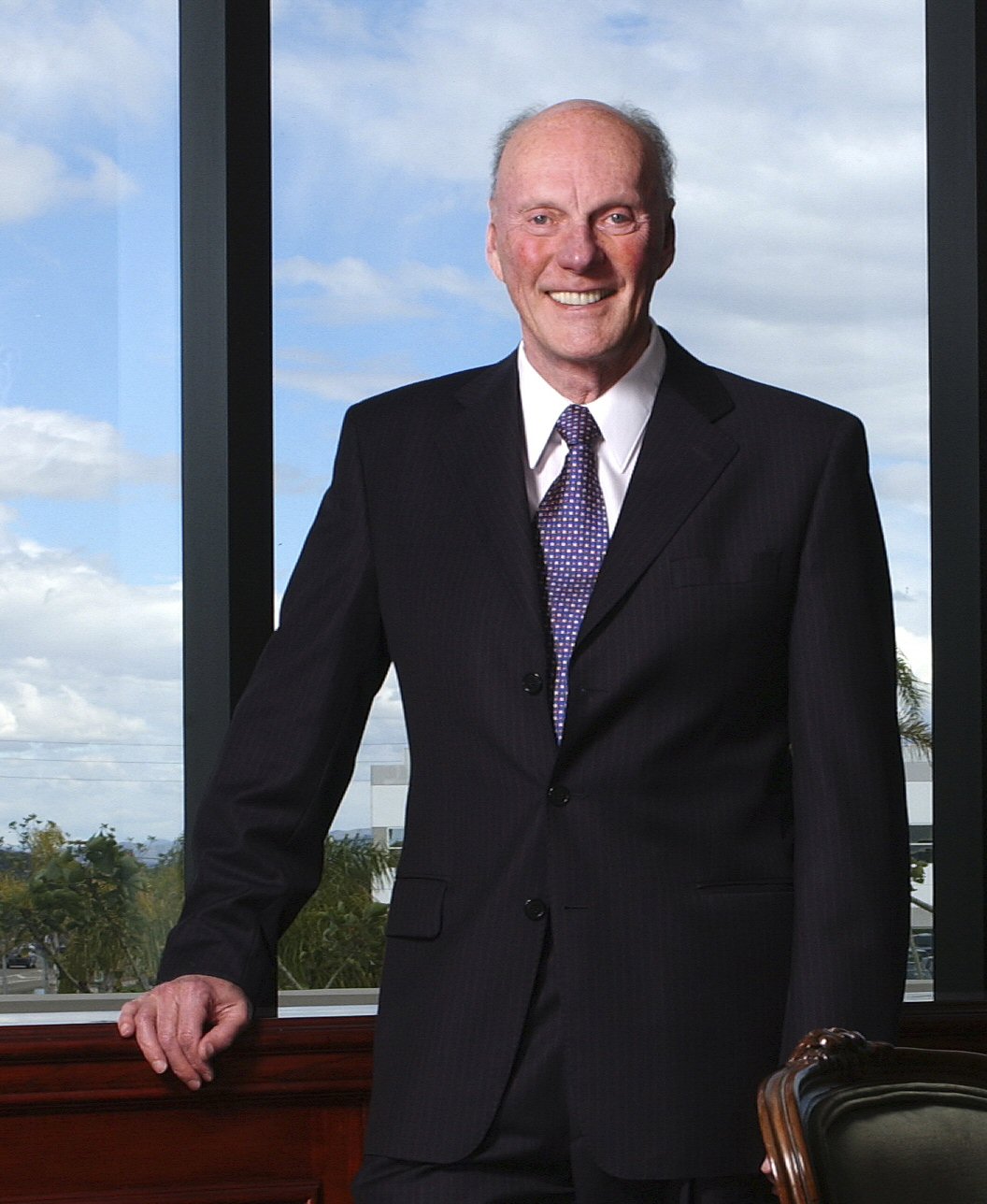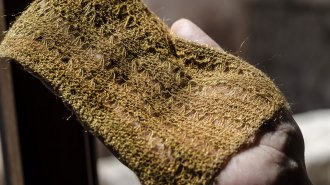Like the Nobel, Only Norwegian
Kavli is the name of a low-fat, whole-grain, Norwegian cracker – a rather tasteless (to my palate) vehicle for cheese or zesty vegetable spreads. But no scientist is likely to turn up his or her nose at accepting a Kavli award. It’ll be anything but cheesy.

By the way, I learned this morning that the foundation also supports journalism fellowships. A few minutes ago I found out Science News’ will benefit from one. Tina Hesman Saey just shot me an email, which had been sent to her shortly after lunchtime, informing our molecular-biology writer that she has been awarded a Kavli Fellowship to attend a four-day workshop at MIT. This program is being described as a frontiers-of-brain-science boot camp for science journalists. Congratulations, Tina!







